1849 (175 years ago)
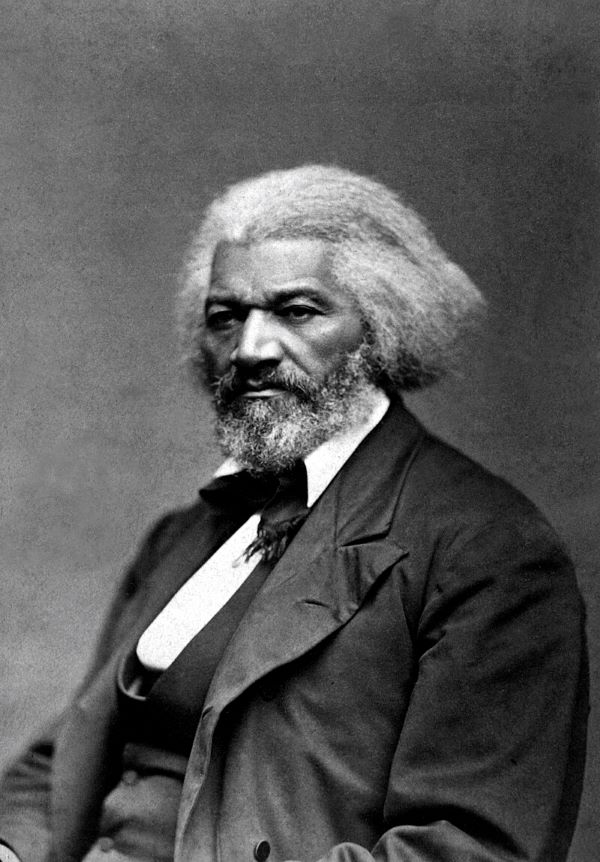
“Partly from a love of music, and partly from curiosity to see persons of color exaggerating the peculiarities of their race,” Frederick Douglass attended a performance by Gavitt’s Original Ethiopian Serenaders, a Black minstrel troupe, on June 28. In his review of the performance in The North Star the next day, Douglass expressed disappointment in the troupe’s “recourse to the burnt cork” and “evidently painted, and otherwise exaggerated” lips. “Their singing generally was but an imitation of white performers, and not even a tolerable representation of the character of colored people,” he wrote. Douglass did see the potential for the troupe to “be instrumental in removing the prejudice against our race,” but only if they “cease to exaggerate the exaggerations of our enemies; and represent the colored man rather as he is, than as Ethiopian Minstrels usually represent him to be.”
1919 (105 years ago)
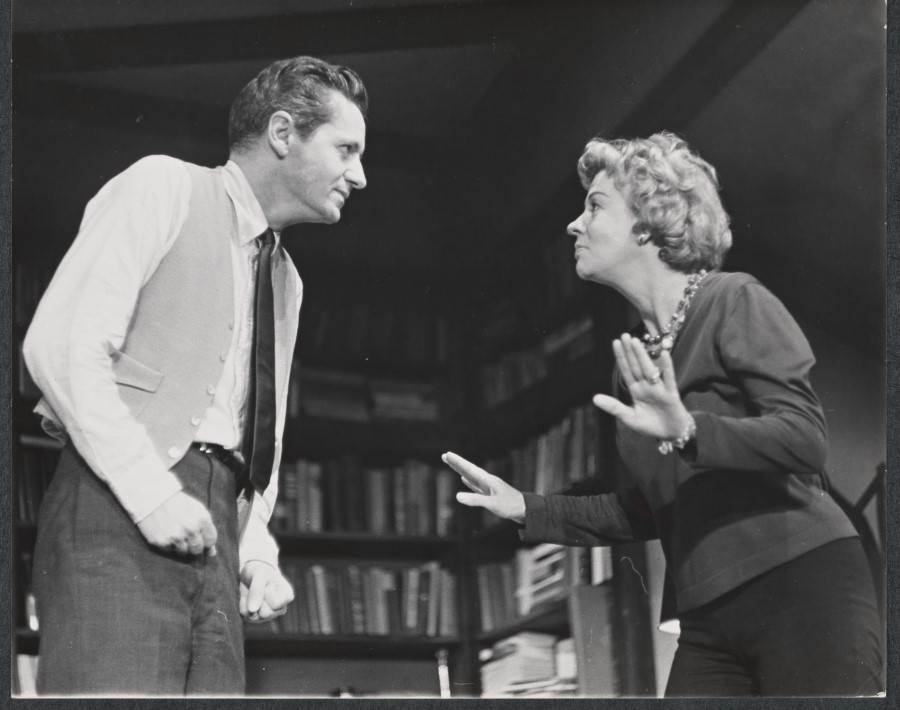
Uta Hagen was born on June 12 in Germany. The legendary performer moved to the United States with her family in 1924, making her professional acting debut as Ophelia in a 1936 production of Hamlet in Massachusetts. Hagen won three Tony Awards over the course of her career, including Best Actress in a Play for her work as Martha in the original Broadway production of Who’s Afraid of Virginia Woolf? in 1963. She also taught acting at HB Studio in New York City for several decades and published two widely read books on acting, Respect for Acting (1973) and A Challenge for the Actor (1991). Hagen died in January 2004.
1929 (95 years ago)
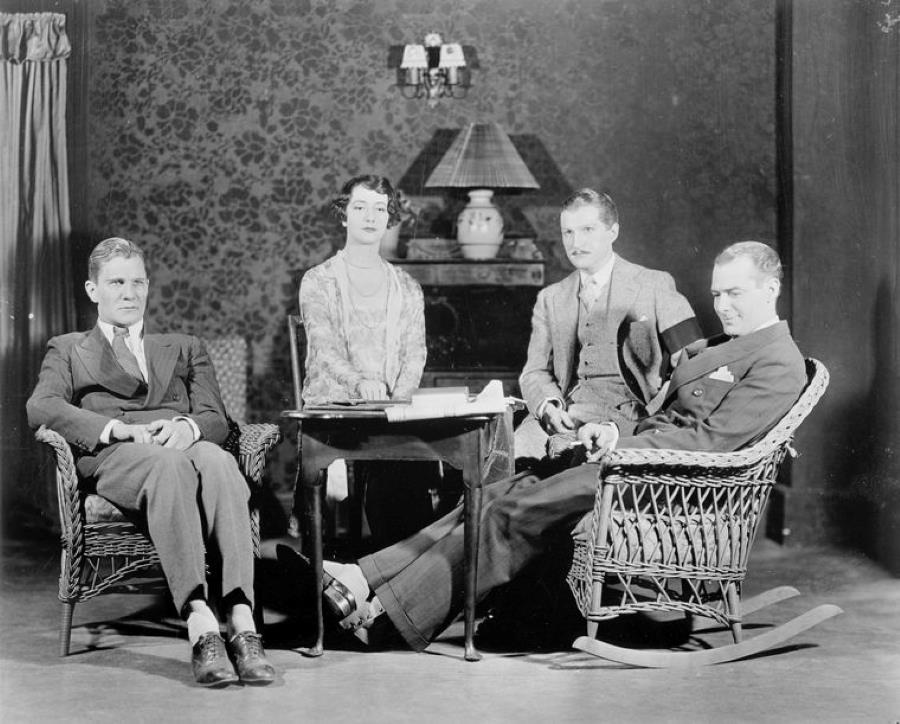
The first Broadway production of Eugene O’Neill’s Strange Interlude closed on June 15 after 426 performances at the John Golden Theatre, having won the 1928 Pulitzer Prize. Directed by Phillip Moeller, the experimental nine-act drama ran over five hours. As reported by theatre critic Brooks Atkinson, the production started at 5:15 p.m., gave audiences a dinner break at 7:40 p.m., resumed at 9 p.m., and finished at 11 p.m. For Atkinson, the production “commands the respectful interest of the enthusiastic playgoer to whom experiment is never dull,” though a 1963 production left him with the impression that the play is “profusely overwritten.” Clark Gable and Norma Shearer starred in a 1932 film adaptation.
1979 (45 years ago)
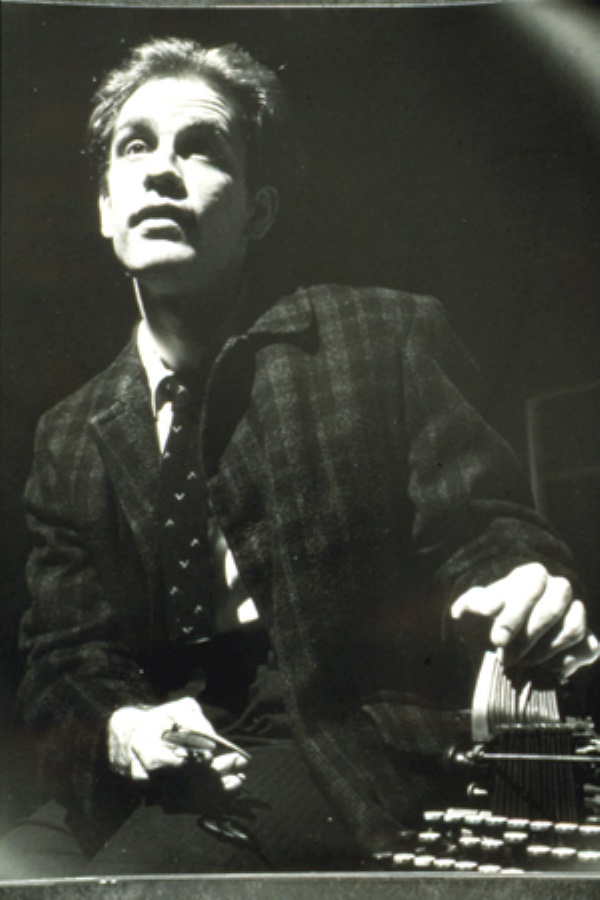
On June 23, Steppenwolf Theatre’s production of The Glass Menagerie closed in the company’s original 88-seat basement theatre in Highland Park. Ensemble members John Malkovich and Laurie Metcalf starred as siblings Tom and Laura Wingfield. The success of this production pushed the company to move from the suburban Highland Park into the city of Chicago, making this the final performance in the basement theatre. According to Metcalf, it “was like the next little stepping stone to our saying, ‘Well, let’s step out of our comfort zone, and let’s try and head back into town.’” The company moved to a 134-seat theatre in the Jane Addams Center in Chicago in 1980 before building their current location on Halsted Street in 1991.
1999 (25 years ago)
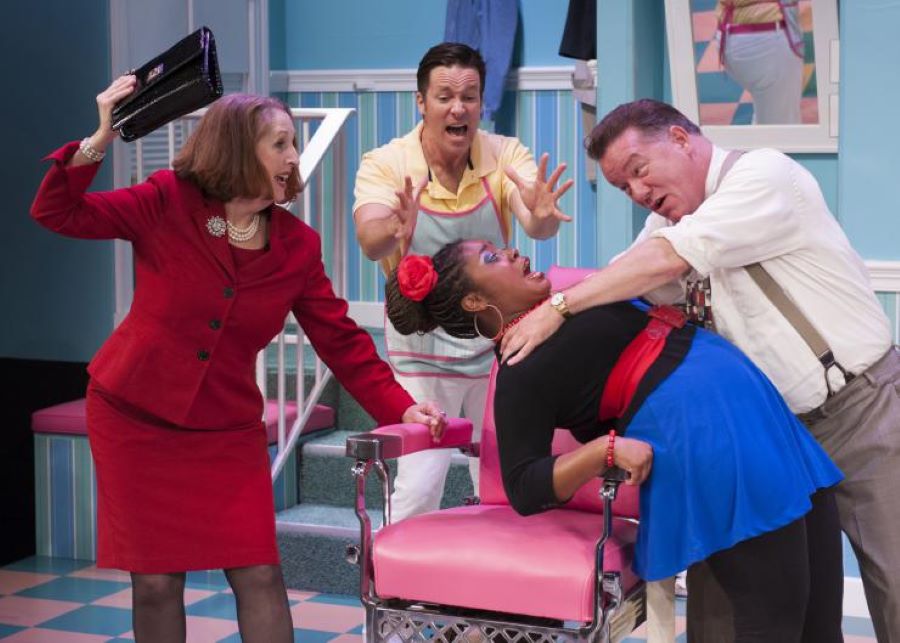
On June 24, Shear Madness reached its 5,000th performance at the Kennedy Center’s Theater Lab in Washington, D.C. An interactive murder mystery, the play originated at the Charles Playhouse in Boston in 1980 and had years-long runs in Philadelphia and Chicago before the Kennedy Center opened its incarnation in August 1987. While the Boston production closed in 2020, the play continues to run at the Kennedy Center to this day. Each performance relies on improvisation and audience participation to solve “the scissor-stabbing murder of a famed concert pianist who lives above the Shear Madness unisex hairstyling salon.” Now with more than 17,800 performances, it is the longest-running play in American theatre history.
2004 (20 years ago)
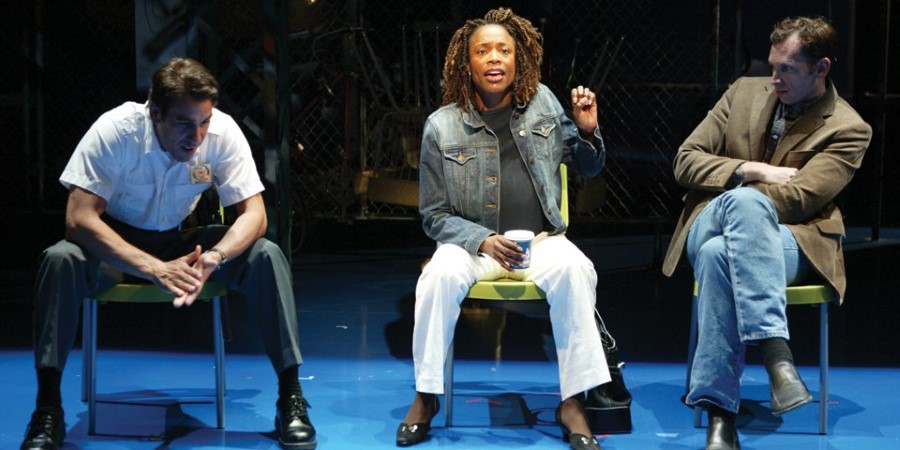
Lynn Nottage’s Fabulation, or the Re-Education of Undine premiered at Playwrights Horizons on June 3. Directed by Kate Whoriskey, a frequent collaborator of Nottage’s, the production starred Charlayne Woodard as the titular character forced to return to her childhood home after her husband absconds with her money. Critic Ben Brantley wrote of the production, “In charting the social fall and moral rise of Undine Barnes Calles, nee Sharona Watkins, Fabulation subverts its comic and sentimental glibness with punchy social insights and the firecracker snap of unexpected humor.” The play won a 2005 Obie Award for Playwriting.


